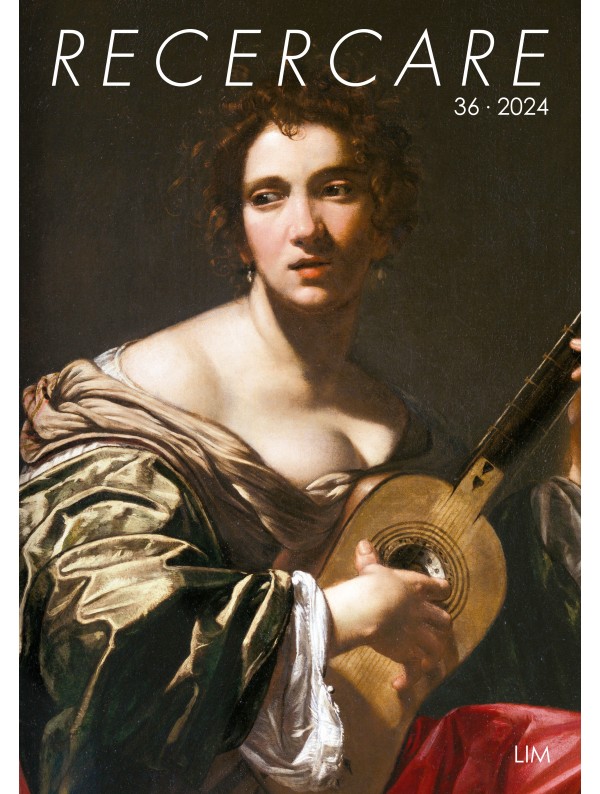Monsignor Lorenzo Corsi, mecenate di virtuose di musica nella Firenze del Seicento
Abstract
Making use of extensive unpublished documentation, the essay illustrates the times and modes of the musical patronage of Florentine Monsignor Lorenzo Corsi (1601-1656), an interesting case of his relationship with the arts, which developed in the places where he lived: Rome, Avignon and, above all, Florence, between the 1630s and 1650s. Monsignor Corsi's belonging to a family that could boast of a solid musical tradition is emphasized, as his father was that Jacopo Corsi whose name remains linked to the birth of opera in music in Florence for having sponsored the performance of a Daphne with music by Jacopo Peri to a libretto by Ottavio Rinuccini. Corsi's musical interests thus did not stop at that episode but found continuity in Lorenzo, who throughout his life devoted himself to collecting, especially paintings, and bought or had made valuable musical instruments, which were to be used for the musical performances he promoted in his Florentine residences. Frequent then was, on Monsignor Corsi's part, the protection accorded to musical virtuosos, singers, instrumentalists and composers. At least three of these women emerge from the documents used: the Paduan Emilia Bassano and the Florentines Lucrezia Secchioni and Maria Angiola Giunta. The methods adopted by Corsi to support these women artists appear worthy of interest as they were widespread in Florence of the first half of the seventeenth century, especially in the circles he frequented, those of the Medici princes and cardinals, such as Charles and Giovan Carlo, on whose behalf Corsi held prominent roles, sharing their artistic and cultural tastes.





